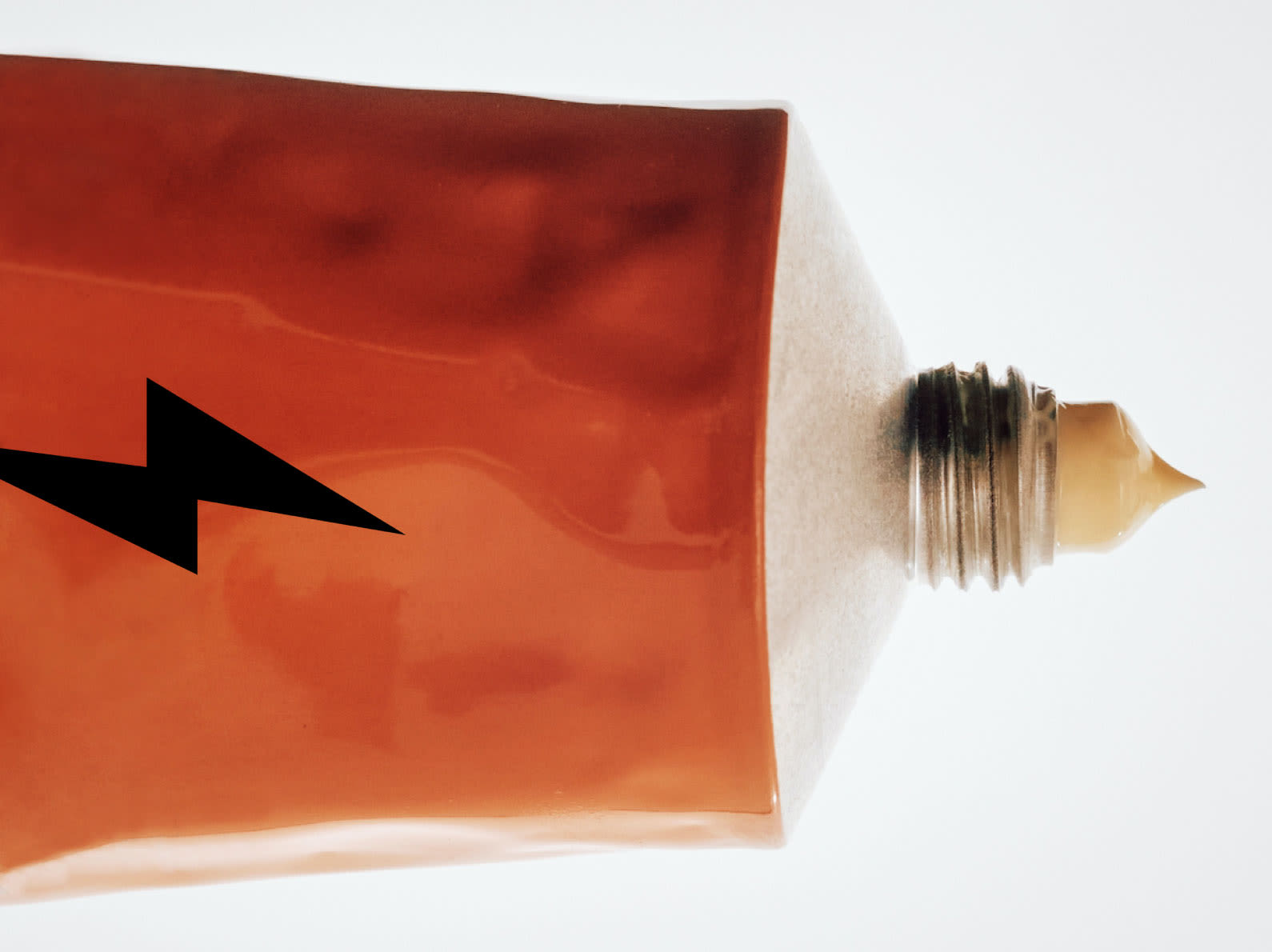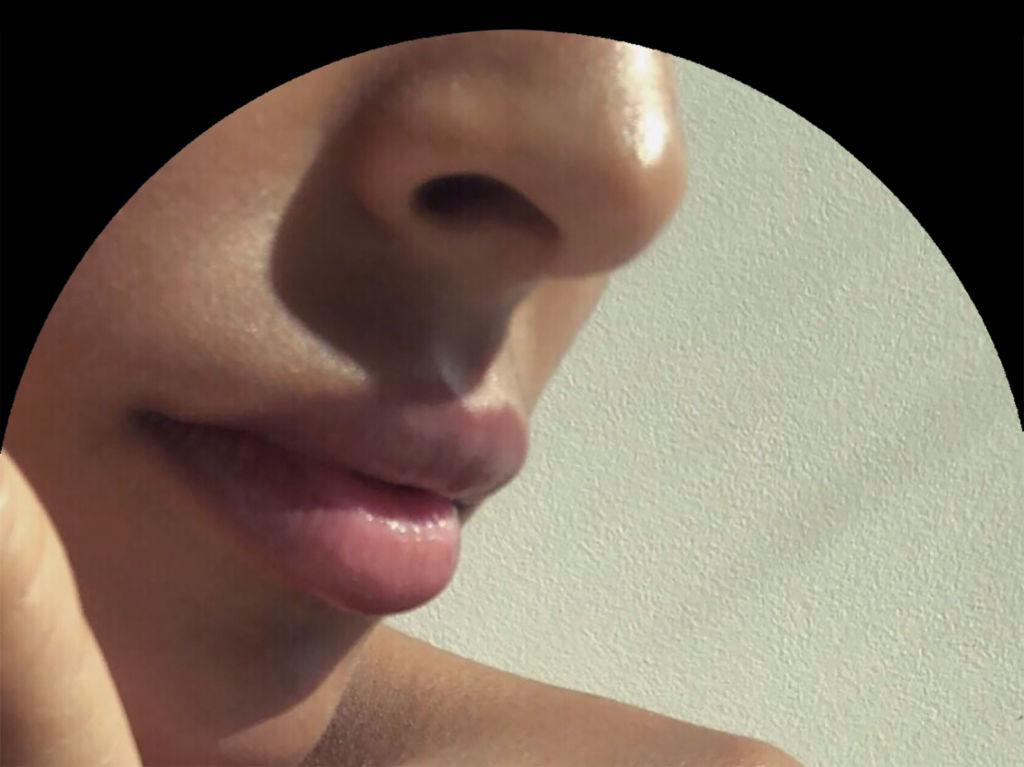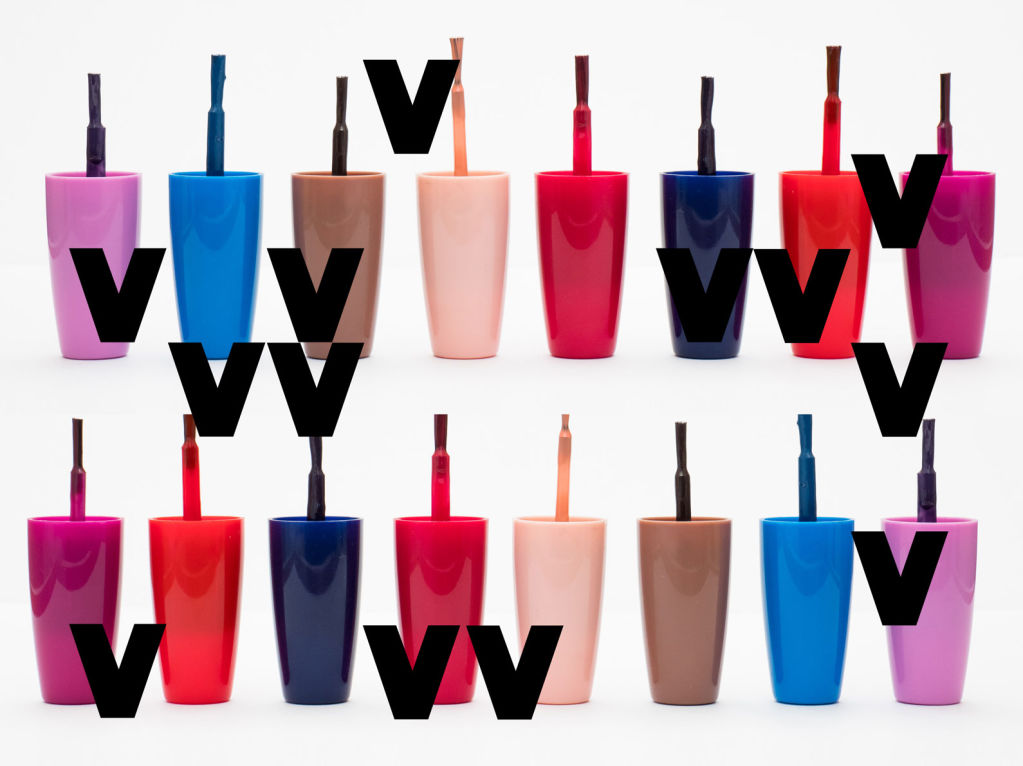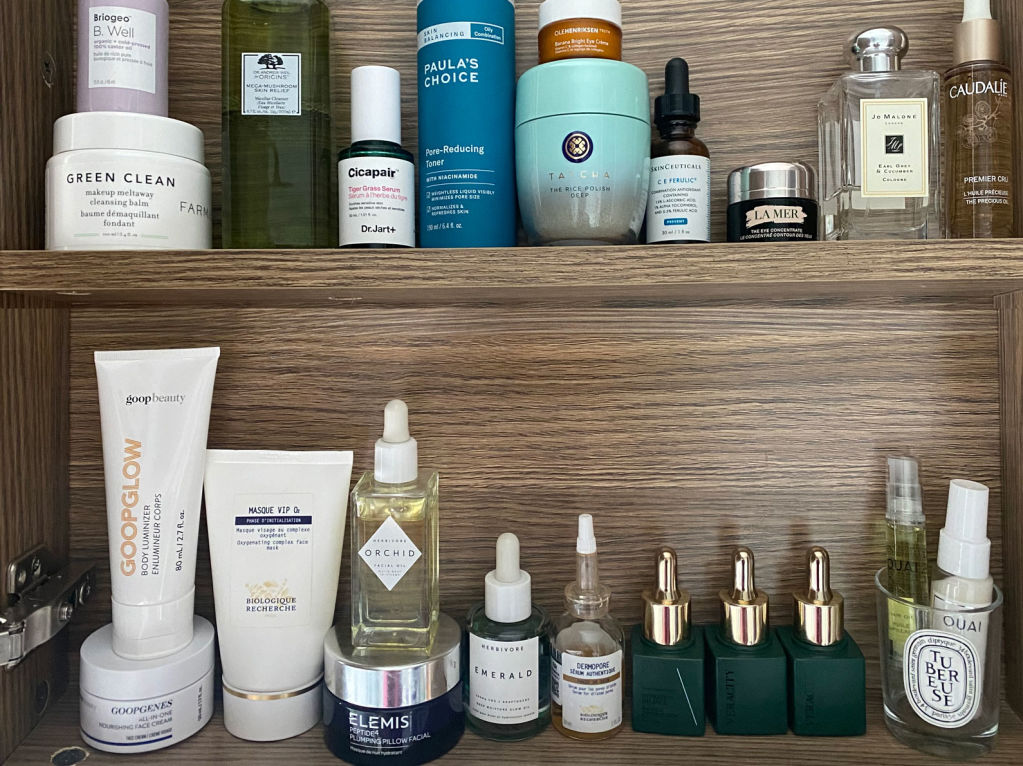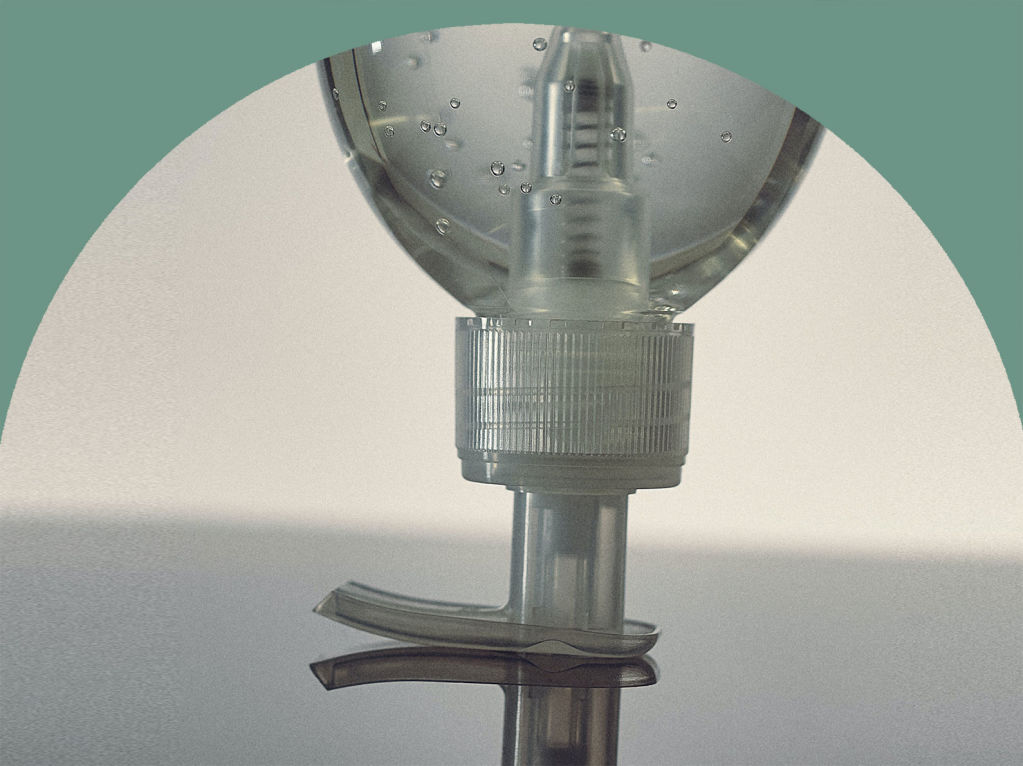Navigating 'Clean' Beauty: The Most Common EDCs in Skincare
Navigating ‘clean’ beauty can be a challenge – every brand has different standards when it comes to ingredients and substances that they will allow or prohibit in their product formulas. Your favorite eye cream might be vegan and gluten free, but its velvety smooth texture could be a result of silicon, an ingredient considered safe for use in the US, but banned in the EU as a carcinogenic toxin.
At its core, clean should mean that the product is safe for your health in both the short and long term.
Standards of Clean
Here are some of the most common standards to look out for when choosing clean products:
Paraben free
Phthalate free
Sulfate free
Silicone free
Gluten free
Fragrance free
Vegan
Cruelty free
Notably absent from the list above is EDC Free. Endocrine disrupting chemicals do exactly what their name suggests: they enter our bodies and interfere with our hormones, the messenger molecules like estrogen and serotonin charged with keeping our biological processes (think your monthly cycle) and internal networks (like your metabolism and sleep cycle) operating seamlessly. They either mimic our hormones or block connections with hormone receptors resulting in a chain reaction of disrupted biological function.
Here, we break down the most common EDCs in skincare and beauty:
Fragrance – is a general term that refers to the mixture of different chemicals to create a scent in a product. Many hormone disrupting ingredients including synthetic musks and essential oils are hidden in fragrance – since the substances that constitute the scent of a product do not require regulatory disclosure.
Parabens – commonly used as preservatives in cosmetics, parabens mimic estrogen production interfering with hormone balance. They have been linked to infertility in men and women, increased risk of cancer, and cause skin sensitivity.
Phthalates – these chemicals are to cosmetics and fragrances to make products more flexible and to set their formulas. They impact the neurological and reproductive systems, and have been linked to infertility, asthma, ADHD, type 2 diabetes, breast cancer, obesity, and low IQ.
Retinoids - Retinoids have been shown to negatively impact hormones by interfering with testosterone, estrogen, and progesterone – sex hormones which regulate reproduction. Retinol is not considered safe for pregnancy or breastfeeding.
Benzoyl Peroxide - Most commonly found in skincare to treat acne. Studies shows the potential for endocrine disruption with repeated exposure, and is not established as safe for pregnancy.
UV Filters – chemical UV filtering ingredients found in sunscreen are hormone disruptors that impact reproduction and development. They have also been found to be ecologically harmful to marine environments.
Salicylic Acid – in high quantities, this common exfoliating ingredient may imitate estrogen. In addition to disrupting hormonal function, salicylic acid is not recommended during pregnancy as it is made from the same chemical as aspirin, which may affect a baby’s circulation while in utero.
BHT – BHT is a preservative used in lipsticks and moisturizers that has been linked to allergic reactions, is considered a potential carcinogen, and is known to disrupt hormones, including potentially interfering with male and female sex hormones at high doses.
Soy – commonly known as lecithin, this ingredient belongs to a class of chemicals known as phytoestrogens, which are naturally occurring plant compounds found in soy. They are commonly used as emollients in cosmetics to help soften and soothe skin. These products are considered endocrine disruptors as they can mimic estrogen or block estrogen production.
Your skin is the largest organ in your body – so treat it with care!
Veracity is the first and only skincare brand that bans EDCs from its formulas.
Since many EDCs are still unregulated for use in skincare and beauty we worked with a PhD in hormonal health to develop an ingredient standard that prohibits over 16k ingredients.
These include:
Our skincare is free of parabens, phthalates, sulfates, silicone, gluten, and fragrance. All products are vegan, cruelty free and leaping bunny certified cruelty free.
Emily Andrews August 21, 2023
